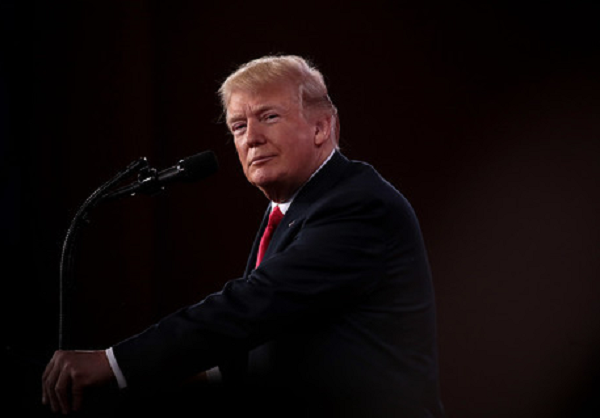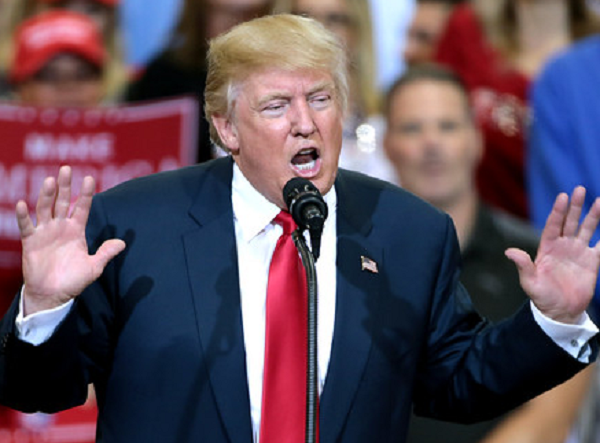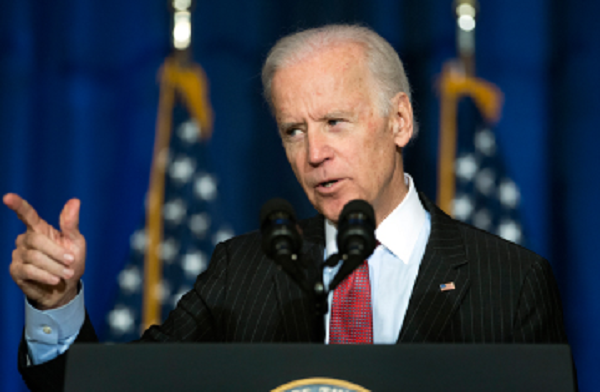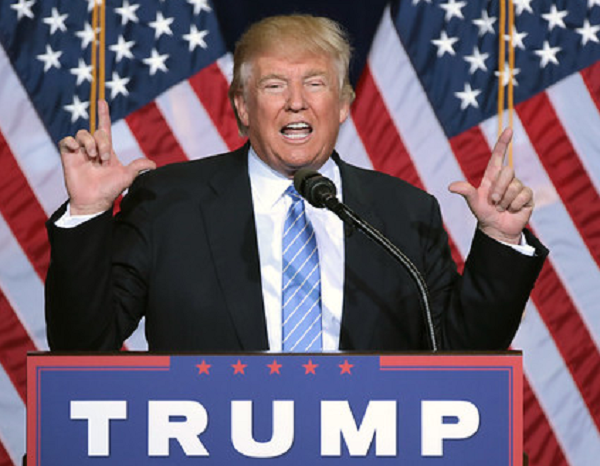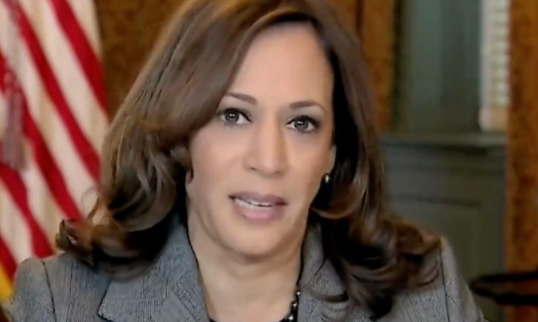President Joe Biden’s administration has aligned with former President Donald Trump’s administration in a steel tariffs case, and the U.S. Supreme Court has concurred.
The Court has rejected the appeal brought by USP Holdings, which had been dismissed by lower courts. USP Holdings argued that the Trump administration’s implementation of tariffs was improper. The Biden administration has largely maintained these tariffs and has contested claims by USP Holdings and other steel importers who asserted they suffered due to the tariffs.
“The Biden administration recognizes that simply removing steel tariffs without any alternative in place, especially beyond discussions, might result in layoffs and plant closures in Pennsylvania, Ohio, and other states where the consequences would be both economic and political,” explained Scott Paul, president of the Alliance for American Manufacturing.
“Trump invoked Section 232 of the Trade Act of 1962, which grants the president authority to impose restrictions on the import of goods deemed crucial to national security. He justified the tariffs by stating they were necessary to support the production of aircraft, ships, and military materials using U.S. steel. While the tariffs caused tension with certain U.S. allies, some nations were exempted from the policy,” the report added.
The Supreme Court declined the petition in USP Holdings Inc. v. United States (court file 22-565) through an unsigned order, without providing an explanation. No justices dissented from the order. In April 2017, the then-Commerce Secretary Wilbur Ross launched an inquiry to ascertain whether “steel was being imported under such circumstances as to threaten or impair national security,” according to the petition filed with the Supreme Court.
Moreover, the Supreme Court has been actively engaged in its duties.
The Supreme Court seems poised to issue judgments this term that could disrupt climate change lawsuits.
In an op-ed for Fox News, Boyden Gray, who served as counsel to the vice president during the Reagan administration and as White House counsel to President George H.W. Bush, elaborated on the ongoing struggle within federal courts over whether climate change lawsuits should be governed by state or federal law, a matter likely to be ultimately resolved by the Supreme Court.
“For over a century, the Supreme Court has ruled that lawsuits pertaining to air (and water) pollution that crosses state borders must be resolved under federal law. This means that states and cities cannot impose their environmental agendas on their neighbors or hijack the domain of federal environmental law, regulations, and international treaties,” Gray stated.
Gray also discussed two other cases in which progressive states and cities are initiating lawsuits demanding billions of dollars for damages allegedly linked to past, present, and future climate change.
However, they are now attempting to exploit state law to bypass the point made by the late Justice Ruth Bader Ginsburg.
The Supreme Court currently has three such cases before it: the 3rd Circuit’s ruling in Delaware v. BP America Inc., the 9th Circuit’s ruling in Chevron Corp. v. San Mateo County, and the 10th Circuit’s ruling in Suncor Energy (U.S.A.) Inc. v. Board of County Commissioners of Boulder County. The energy companies involved in these cases have asked the court to intervene and settle these disputes, reaffirming that climate change lawsuits are inherently subject to federal law and should therefore be handled in federal courts.
The Supreme Court has the power this term to deliver a significant blow to liberals and those attempting to exploit laws to target major companies under the pretext of “climate change,” Gray cautioned.

